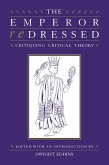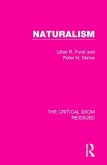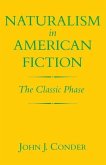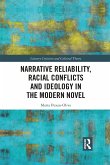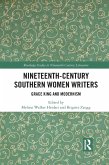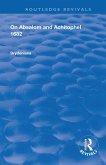References to clothing in the nineteenth-century naturalist novel have traditionally been read merely as examples of descriptive detail. Thompson, in her groundbreaking study on Zola, rescues clothing from the margins of representation, and draws on a wide range of twentieth-century feminist and queer theory to demonstrate that clothing troubles such binary pairs as 'masculine' and 'feminine', 'normal' and 'perverse', 'natural' and 'artificial' that lie at the foundations of Zolian naturalism. The author's investment in the signifying power of clothing in the Rougon-Macquart is such that the novels can no longer be read as unproblematic illustrations of literary naturalism; in fact its intensity demands that Zola's relationship to literature and his descriptions of Second Empire society be reassessed. (Legenda 2003)
Hinweis: Dieser Artikel kann nur an eine deutsche Lieferadresse ausgeliefert werden.
Hinweis: Dieser Artikel kann nur an eine deutsche Lieferadresse ausgeliefert werden.


